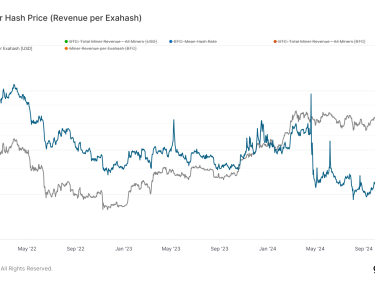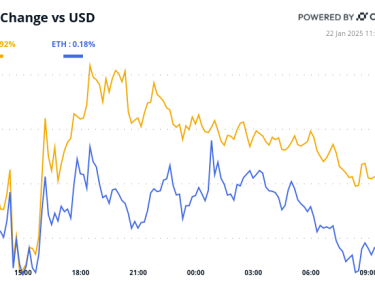Banks transacting on permissionless blockchains face multiple risks including settlement finality, the Bank for International Settlements said in a working paper.
The paper also said technology to address some of the risks, particularly privacy, is being developed. naming zero-knowledge proofs as a potential solution.
Banks that transact on permissionless blockchains face multiple risks, including money laundering and terrorism financing, the Basel Committee on Banking Supervision concluded in a new paper.
The committee is part of the Bank for International Settlements (BIS), the primary global standard setter for prudential banks.
Other risks include operations and security, governance, legal, settlement finality and compliance, the paper said.
“Certain risks stem from the blockchains’ reliance on unknown third parties, which makes it difficult for banks to conduct due diligence and oversight. These risks require new risk management strategies and safeguards. Current practices for mitigating these risks remain in various stages of development and have not been tested under stress,” according to the paper.
Banks are also exposed to political uncertainty as a new legislation could “change validator behaviour,” making the “blockchains themselves operationally unstable.” A ban for instance could “reduce the amount of computing power or staked native tokens available to secure the blockchain, temporarily increasing the risk of a 51% attack,” in which ”a coordinated effort is put forward to control greater than 50% of the validation nodes.”
The paper also said technology to address some of the risks, particularly privacy, is being developed, naming zero-knowledge proofs as a potential solution.
Last month, the committee approved a disclosure framework for banks’ exposure to crypto that must be implemented by the start of 2026.




